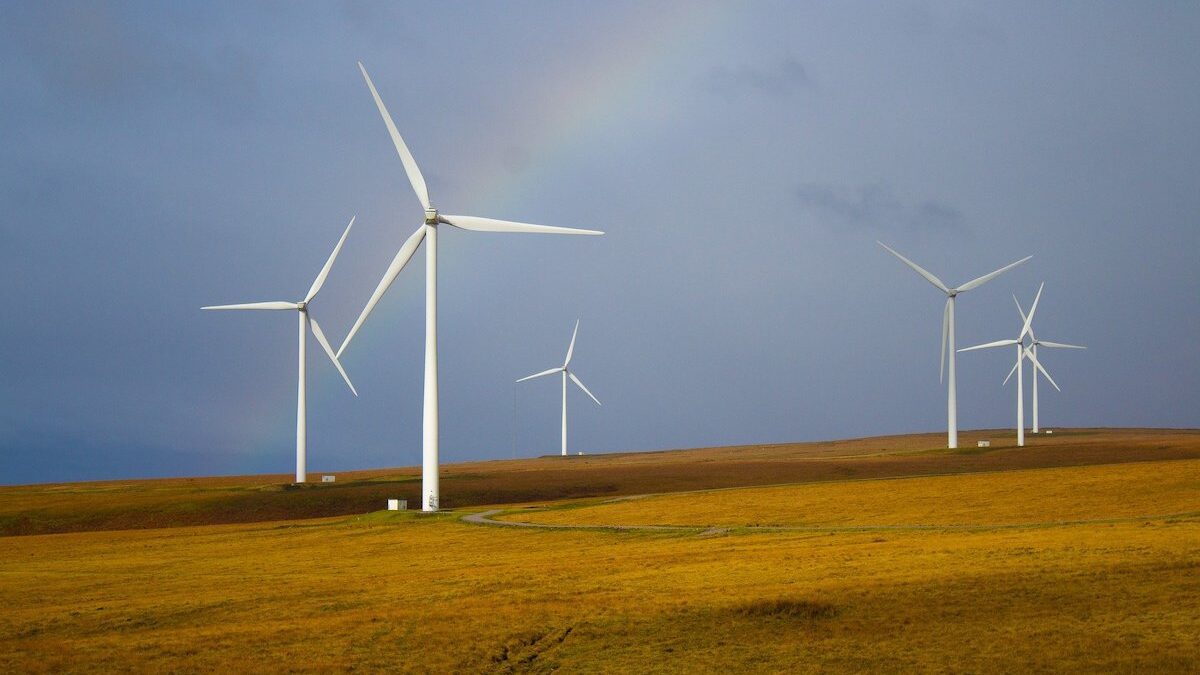Peter Alderdice, Senior Associate, Shepherd and Wedderburn (Left of image) & Daniel Boynton, Solicitor, Shepherd and Wedderburn (Right)
The COVID-19 pandemic has made one thing abundantly clear: when disaster strikes, major societal change is possible overnight.
A green recovery to rebuild our economy after this unprecedented disruption is critically important to achieve Scottish and UK government targets of reaching net-zero greenhouse gas emissions by 2045 and 2050 respectively.
The challenge posed by these targets is enormous. The transition to a decarbonised economic system will require unprecedented levels of investment; estimates from the Committee on Climate Change suggest that investment in the UK’s power sector alone would need to rise from around £10 billion to £20 billion annually.
However, green investment is required not only in the energy sector, but across all areas of the economy. While some investment will come from government funds, the scale of the net-zero challenge means the private sector has an essential role to play.
Pension funds are uniquely placed to help meet this challenge:
- They have the capital. Thanks to automatic enrolment, more people than ever are actively saving for retirement and by 2018 the value of UK pension wealth stood at more than £6 trillion. A green recovery offers many new sustainable investment opportunities for pension fund trustees and managers, such as green bonds.
- Members are demanding change. New disclosure requirements mean those running pension funds now need to explain how environmental, social and governance (ESG) factors are used in investment decisions. Recent high-profile campaigns have resulted in investment changes at the largest pension funds, and the pressure is set to build with greater public awareness of impact investing and fossil fuel divestment strategies.
- It’s good for business. A growing body of evidence indicates businesses that prioritise ESG factors perform better in the long-term. At a time when historically low interest rates and gilt yields make returns harder for pension funds to find, harnessing the green recovery promises better outcomes for their members.
While these factors present pension funds with a great opportunity, more needs to be done to make sure that opportunity is seized. Pension scheme trustees can work with advisers to develop better reporting tools to understand the ESG impact of investments, automatic enrolment providers can offer default funds taking account of environmental factors and ensure that pension savers have access to this information, while the UK Government and the Pensions Regulator can support pension schemes in their green recovery journey.
As well as the patient capital offered by pension funds, the green recovery will depend on businesses having access to working capital and shorter-term finance from sources such as banks.
The deployment by banks of tools such as ESG ratings to inform lending decisions is still in its early stages, but initiatives are underway to help banks proactively accelerate the transition to a green post-COVID economy.
The Loan Market Association, a trade body for the syndicated loan market, has developed Green Loan Principles to promote the development and integrity of the green loan product, while the United Nations Environment Programme Finance Initiative is working to increase lending that supports socially and environmentally sustainable economic activities.
The root-and-branch reform of our economic system required to achieve net-zero targets is daunting, but policy-makers should not be timid when it comes to proposals for the post-COVID recovery. Change is the only constant in life, and ethical finance stands poised to unleash the green recovery.
Peter Alderdice is a Senior Associate in Shepherd and Wedderburn’s banking and finance team and Daniel Boynton is a solicitor in Shepherd and Wedderburn’s pensions team.



